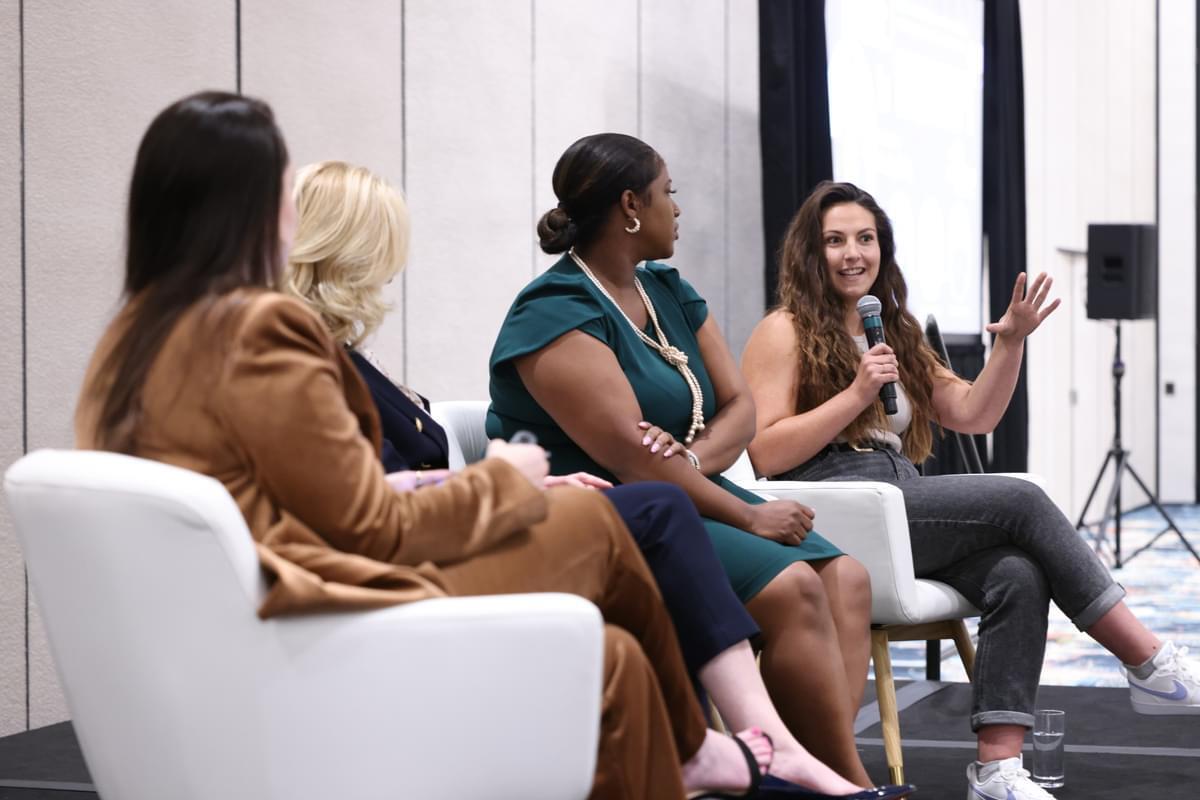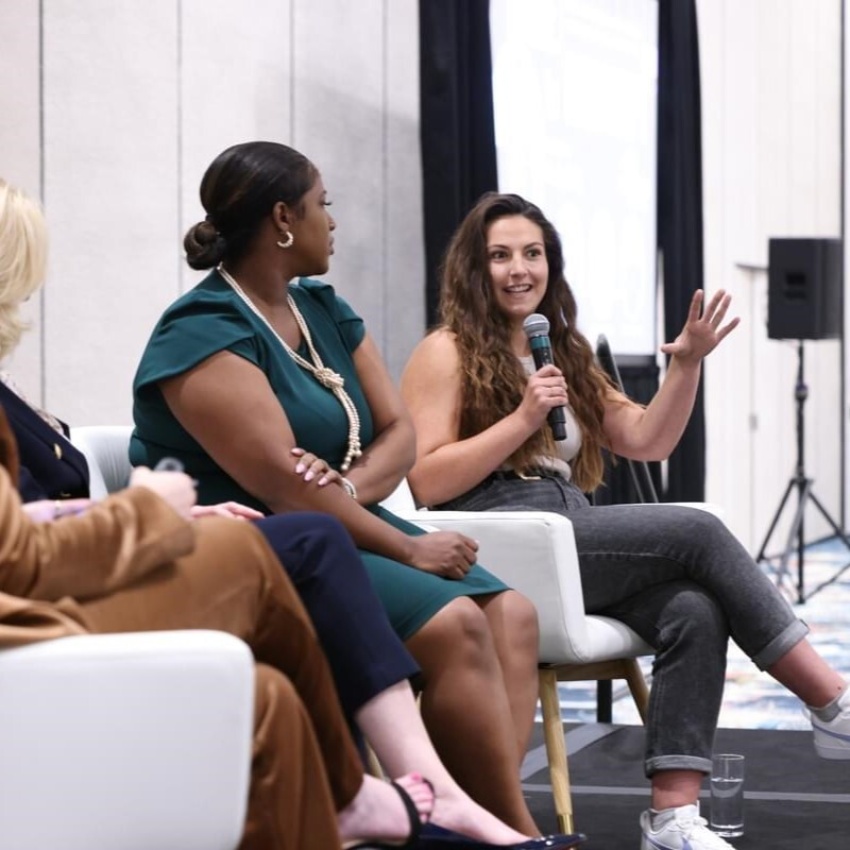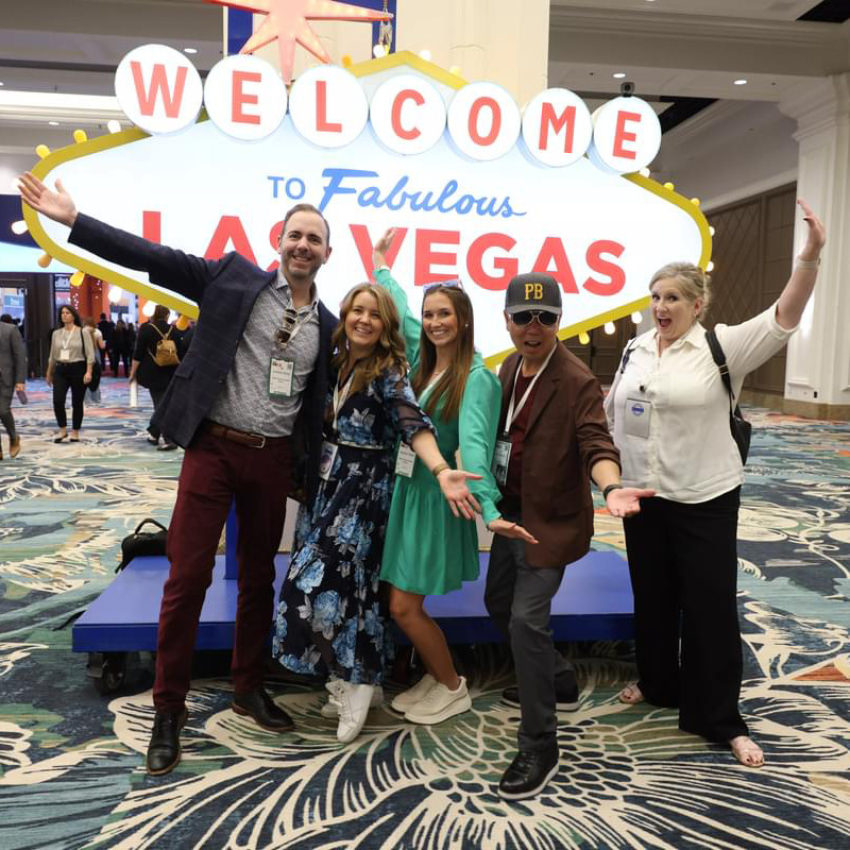What has the impact of the last few years been on women in the events industry?
Stark gender inequalities emerged at the beginning of the pandemic. Women lost jobs at higher rates than men, they were more likely to quit their jobs to take on caring responsibilities (whether for children, parents or vulnerable neighbours), and experienced an overall increase in stress and anxiety.
“While men in the United States gained about 16,000 net jobs in December 2020, women lost a net total of 156,000 jobs” (LinkedIn)
The pandemic disproportionately impacted women and minority professionals, reversing years of gains in the areas of employment, salary and job security. Yet 60% of meeting professionals say they are having difficulties filling jobs within the event sector. This leaves many asking: what do we need to do to get these women back into work?
1. Build a flexible working culture around your event calendar
Many large companies rushed to bring employees back into the office full-time. However, a new Harris Poll survey has shown women enjoy working from home more than men and want to continue it in the long-term.
The findings also showed that most women and Black workers believe working from home – compared to the office – is better for advancing their careers. Flexible working is truly a diversity, equity and inclusion issue: Preventing employees from working from home could make it harder for women and other underrepresented groups to achieve promotions.
“52% of Black workers and 50% of women say working from home is better than working in the office when it comes to advancing in their careers, compared with 42% of men.” (Axios)

2. Create leadership opportunities for women in the events industry
Does your organization create opportunities for women to develop leadership skills or reskill? McKinsey have found a ‘broken rung’ in many women’s career progression, preventing them from making the jump to manager level. The challenge is even greater for women of color.
By investing in training, female employees can be given the tools to become great leaders and experts in their field. This must be part of a larger culture-shift, allowing women to exercise their leadership skills without judgement from other employees.
3. Recognize and reward women who demonstrate great leadership
The pandemic has shone a light on female leadership and the skills women can bring to organizations. McKinsey note that women excel in supporting their teams with empathy and are more likely to be allies for women of color. But in many organizations these skills are still going unrecognized and unrewarded.
Not recognizing this in a formal way hurts both the women in question, who are disproportionately investing time and energy into these areas, and employees, who are proven to be happier, less burned out, and less likely to consider leaving when they have a manager that supports their wellbeing.

4. Adopt unbiased hiring AND promotion practices to support women in events
Lots of organizations are already working to adopt unbiased hiring practices, but those involved in performance reviews are less likely to have completed bias training than those involved in hiring. Improving this should lead to more promotions for women and those from underrepresented groups.
It’s also important to raise awareness of the barriers women face when progressing their careers, such as caring responsibilities, negative gender stereotypes or self-doubt. Through understanding, leadership can remove the obstacles that prevent promotion, allowing employees to thrive.
5. Join the conversation on gender equality in events at She Means Business
What do you think organizations need to do to support women in events? You can join the conversation at She Means Business, an inclusive forum at IMEX for people of all genders to discuss advancing women in the global meetings and events industry. Attendance is free - register now using the links below.




